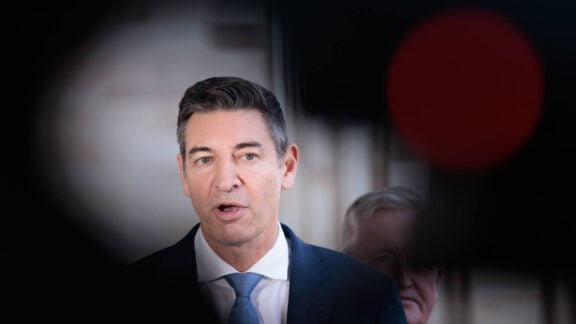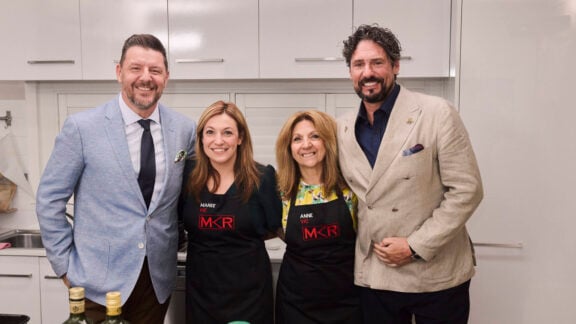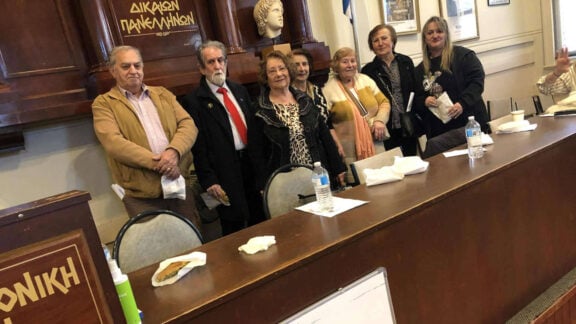Senator Nick Xenophon said this week that ACT Labor’s reliance on poker machine revenue is an intravenous “drip”, one day before a Senate inquiry into the clubs industry began in the national capital.
Speaking to Fairfax Media, Senator Xenophon, who gave evidence at the inquiry, said the ALP’s reliance on the ACT Labor Club group was a “fundamental conflict of interest”.
“The ALP in the ACT and more broadly is on the drip from the ACT Labor Club,” Senator Xenophon said.
According to recent figures released by the ACT Gambling and Racing Commission, of the $36.6 million generated by the Labor Party-owned group, 68 per cent is relates to gambling revenue.
Former ACT Labor Chief Minister Jon Stanhope made the call earlier this year to cut the party’s connections with the gambling industry, but his motion was knocked back with little party support.
Meanwhile, ACT Labor insists its association with the Labor Club does not influence its thinking when drafting legislation regarding poker machines.
Senator Xenophon disagrees, claiming that when poker machine operators try to buy themselves time by requesting further research be done to help gamblers, that politicians cave in.
“Politicians are completely out of step with that because they are compromised,” he said.
“Politicians either unwittingly or deliberately, give them that time because they rely so heavily on pokies taxes as a source of revenue.”
During his appearance at the enquiry, the senator said that 40 per cent of poker machine losses were directly linked to problem gamblers – with less than 15 per cent of them helped.
Critical of the unlimited withdrawals available from eftpos machines in clubs, his suggestions for moving forward included the arrangement of an algorithm to calculate losses, a system that could identify and then assist gamblers in need.
In a 2009 study of 5,500 Canberrans, the ANU Centre for Gambling Research calculated that 10 per cent of those least-educated had contributed to close to one-quarter of pokies revenue. Updated data is due to be released soon.
“Something like 90 per cent of poker machine players never put in more than one dollar at a time into a machine.
“A similar percentage of the population would support this sort of reform, yet it was vehemently opposed by the industry, clubs, the hotels, and casino operators like James Packer, because they know this would mess up their business model which relies so heavily on addiction,” said Mr Xenophon.
If clubs were willing to go ahead with the suggestions, he proposed introducing tax incentives.
During the inquiry, Labor backbencher Mary Porter expressed concern about other forms of gambling and that people could simply take up another form of gambling, which Mr Xenophon predicted would not be a likely result.
“Still the biggest source of problem gambling in this country is poker machines, and that’s unlikely to be overtaken any time soon.”
Source: Canberra Times, The Age







